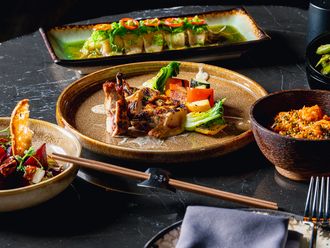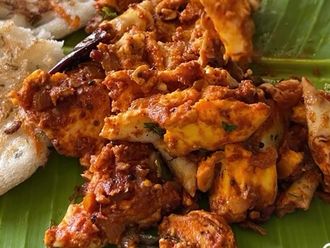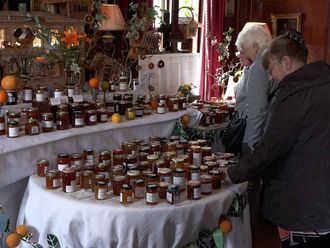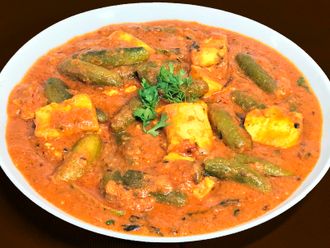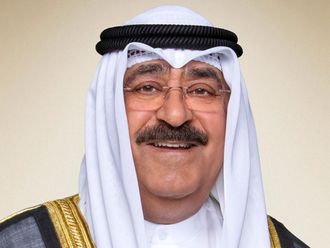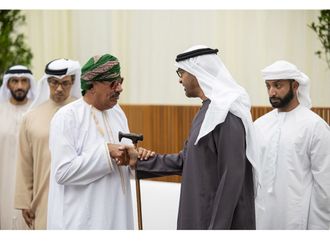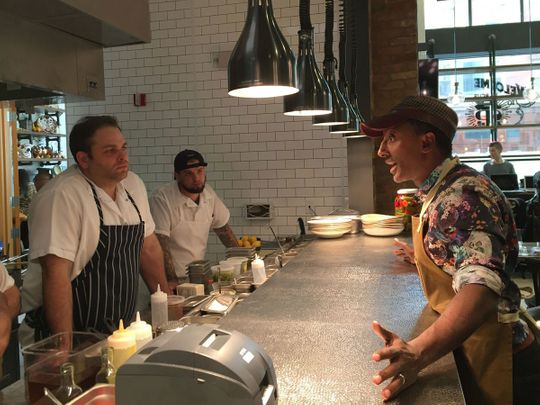
Growing up in Sweden, chef Marcus Samuelsson learnt many lessons that would follow him into the kitchen as an adult, from how to smoke mackerel to the best technique for forming meatballs.
But the one that may have stuck with him the most came from his father and was about skin colour, not culinary skill.
Samuelsson, who was born in Ethiopia and adopted by a Swedish family after his mother died, said his father taught him early that life in the restaurant industry would be different as a black chef from Africa.
“It was my job to break down those barriers. I carry many barriers, like being an immigrant, being from Africa. But it also gave me a focus and a work ethic. You have to be a little bit more precise,” Samuelsson said during a recent interview during the South Beach Food Festival.
Today Samuelsson runs three restaurants, including the Red Rooster Harlem in New York, has won multiple James Beard Foundation awards, was the youngest person to ever receive a three-star review from The New York Times, and was tasked with planning and executing the Obama administration’s first state dinner.
But it didn’t come easily.
“I remember when I was a young kid trying to get (a job in) a three-star Michelin restaurant, it was very clear to me that I couldn’t be one of the good guys. I had to be the best,” he said.
Now a judge on Food Network’s Chopped and best-selling author says he is focused on helping shape the next generation of talent. “Part of our trade, regardless of race, is to mentor and be in a mentor-mentee relationship,” he said. “Of course as a person of colour, I think about this. I think about what is the tribe that I bring with me.”
That’s why he’s passionate about events such as the Harlem Eat Up this May, a festival he created to educate others about Harlem’s history and spotlight local chefs, artists, music and theatre.
“I think the dialogue around black men has been very heavy and focused on very important issues, but there’s also another side and a celebration of how far we’ve come,” he said. “To me, leading a kitchen and creating jobs in Harlem, with the festival, with the restaurants, is my example of how to lead as a black man.”
But he always stays close to his Swedish and Ethiopian roots. In 2000, he reconnected with his biological father and met his 18 sisters and brothers for the first time in Ethiopia, where he learnt about local spices and how to make staples such as injera bread. He also opened a restaurant in Gothenburg, Sweden.
Food is one of the few places where diversity is celebrated, he said. “It’s been a life challenge to figure out how to bring my culture with me and I’m really grateful that I have an audience and an opportunity to do that.”



